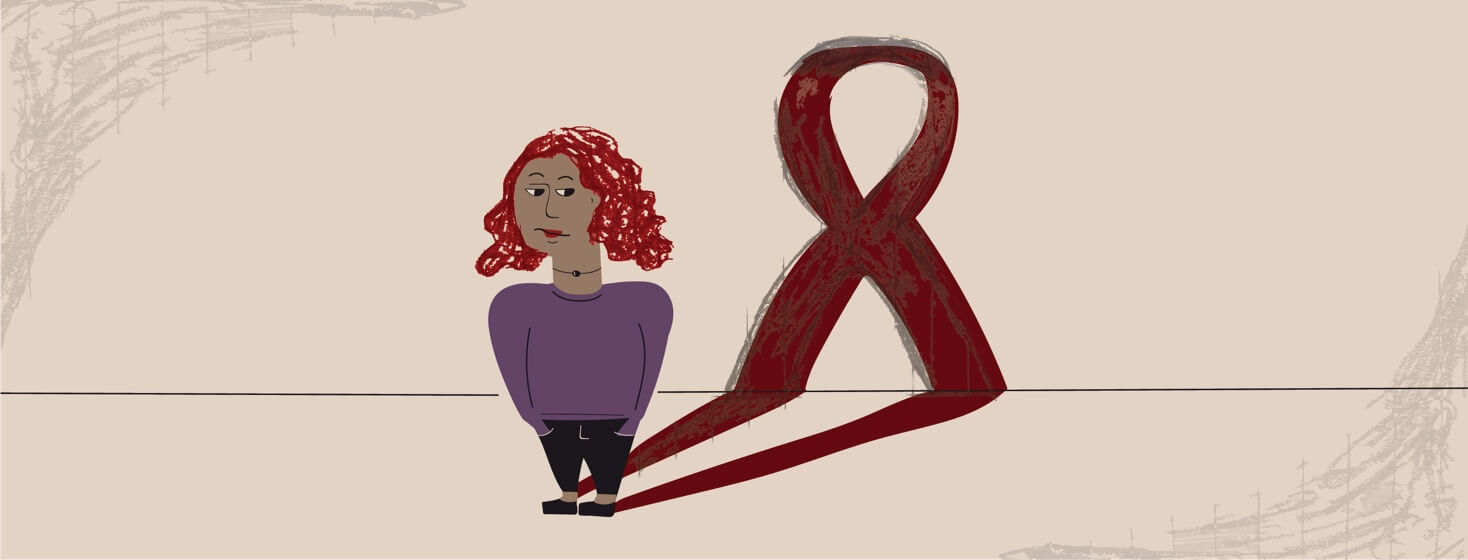Cancer Patients May Experience Post-Traumatic Stress
A cancer diagnosis, treatment, and survivorship are fraught with numerous stressors and challenges. Research has been done to look at stress in cancer survivors and it's often been found that survivors exhibit trauma-related symptoms like avoidant behaviors and intrusive thoughts.1 I can remember instructing my husband that I did not want to talk to family or friends when they called to inquire about my condition. I was angry and not ready to discuss and explain my blood cancer and its treatment.
Cancer-related Post-Traumatic Stress (PTS)
Patients’ feelings of shock, fear, and helplessness may lead to Cancer-Related Post-traumatic stress, which is like the PTSD that affects survivors of stressful events1. Certain factors that may predispose people to this include cancers that recur as in blood cancers, a high level of general stress, and the amount of social support available.3
Although I have a recurring lymphoma, I am blessed to have a very strong, loving support system of family and friends. My husband and son were ever present during my stressful journey, even despite my not so pleasant behavior. They showed positive and useful unconditional love which truly made the difference.
Triggers for cancer-related PTS
The literature has identified the following triggers for PTS: a cancer diagnosis, a cancer treatment, awaiting test results and fearing that cancer has returned.1 I experience scanxiety every April as I await my annual CT scan to determine if my sleeping cancer has awakened. My family is aware, and I believe they provide even greater support at this time.
Symptoms of cancer-related PTS are similar to other stress disorders: feeling defensive, irritable, fearful, unable to think clearly and sleeping problems. The effects of PTS can affect a person’s ability for a normal lifestyle and may affect personal relationships.
Coping with the stress and trauma of cancer
Several years ago, as a nursing educator, before I ever became a cancer survivor, I had the privilege to facilitate a cancer support group. Our members verbalized their fears and concerns, and openly expressed their inability to deal with certain issues. I was amazed at how much support the participants received from each other as they shared similar feelings and experiences. Members encouraged fellow cancer survivors to become aware of the thinking patterns that cause them distress and replace them with more useful and positive ones. It was amazing how participants helped each other and raised awareness.
The cancer experience is more than one stressful event. Survivors need long-term monitoring. Protective factors include a good social support and an open relationship with the health care provider. Patients may benefit from a focus on problem-solving, relaxation training and becoming aware of thinking patterns. Yoga has helped me relax and clear my head. Journaling has helped me focus on more positive ways of thinking. Participating in a support group may help by meeting others with similar experiences and symptoms. Hopefully, by increasing awareness and implanting coping strategies cancer survivors can better manage the stressors of cancer survivorship.

Join the conversation